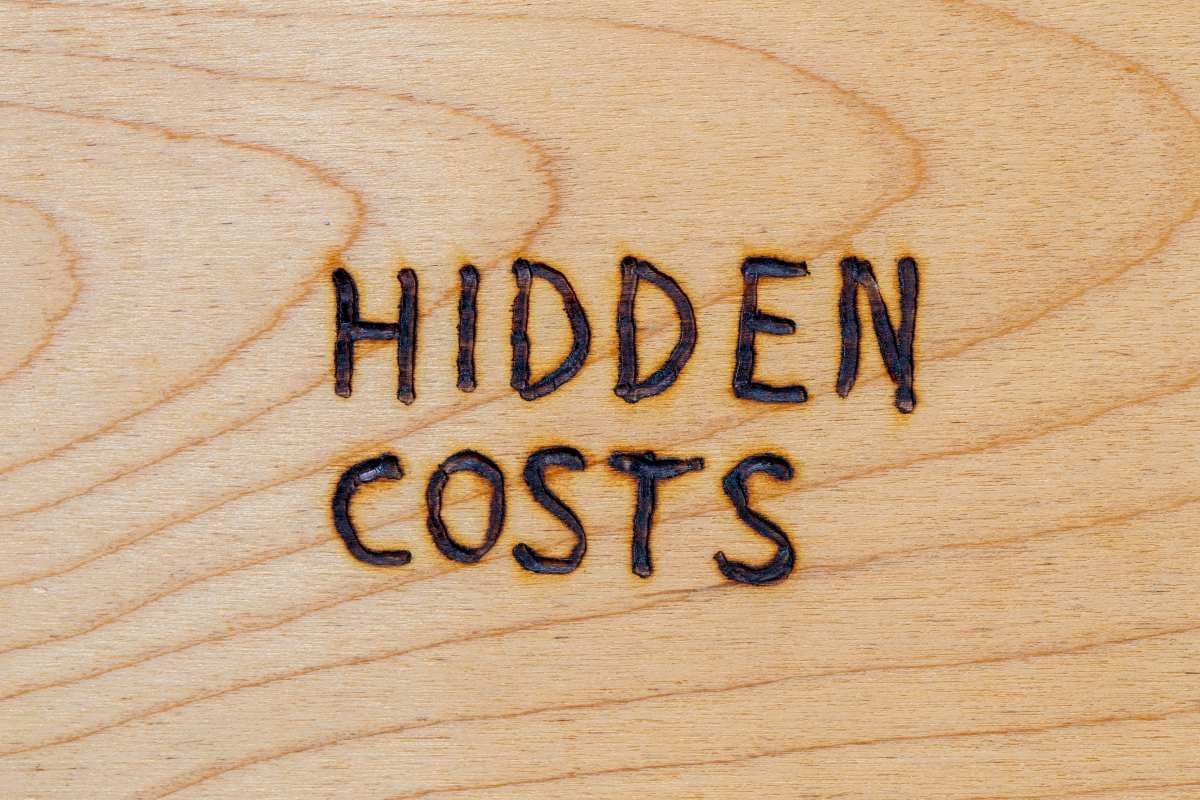The 6 Stages of Divorce

Divorce is not a single event. It's a process-legal, emotional, often messy, occasionally amicable, and always significant. Whether you initiated proceedings or are responding to them, navigating divorce means dealing with a series of distinct phases. Each one can feel like its own small world of paperwork, decisions, and difficult conversations.
We’ve outlined the six main stages of divorce in England and Wales. Not every journey is the same (and we wouldn't pretend otherwise), but understanding the typical flow can bring clarity when things feel uncertain.
1. Deciding To Divorce: The Emotional Crossroads
There’s a strange stillness in the moment someone decides to end a marriage. Sometimes it’s mutual. Sometimes not. But either way, this decision marks the unofficial starting point of the divorce process.
Emotionally, this stage is often one of the most intense. There may be denial, guilt, sadness, or depending on the situation - relief. From a legal perspective, nothing is happening yet. But psychologically, the groundwork is being laid. We find this stage tends to shape how the rest of the process unfolds.
And no, there's no such thing as being "too emotional" during this phase - it's entirely human.
2. Filing The Application: The Legal Beginning
This is where the legal machinery starts moving. Since April 2022, England and Wales now operate under a no-fault divorce system. That means there's no need to assign blame this has thankfully made this stage slightly less adversarial.
One or both parties (joint applications are now possible) file a divorce application with the court. It’s a fairly straightforward form, though it still helps to have guidance because even straightforward legal language can be deceptively complex.
The court then issues the application, and your spouse is formally notified. Cue the official beginning.
3. The Response: Acknowledgement And Reflection
Next comes the Acknowledgement of Service - a legal form the respondent (the person who didn’t file the application) completes to confirm receipt. They also confirm whether they agree with the divorce or not.
These days, contesting a divorce is rare and extremely limited, thanks again to the no-fault structure. But emotionally? This part can still sting. Receiving the paperwork often makes everything feel real.
We’ve seen this stage bring about a shift in tone for many couples - sometimes towards cooperation, other times toward conflict. It can go either way.
4. Conditional Order: The Legal ‘Halfway Point’

Once the court is satisfied that everything is in order, it grants a Conditional Order (formerly known as the Decree Nisi). This means the court sees no reason why the divorce cannot go ahead.
It’s worth noting that this isn't the final step. There’s still a mandatory waiting period of 20 weeks from when the application was first made. Why? The law assumes couples need time to reflect. Possibly even reconsider.
During this pause, many people take the opportunity to resolve financial matters, custody arrangements, or simply take a breath. It’s a period for sorting out life beyond the legal documents. And, ideally, for keeping communication civil - though we know that’s not always easy.
5. Resolving Finances And Child Arrangements: The Practical Reality
This stage doesn’t always get the attention it deserves - but it should. The emotional and legal parts of divorce may dominate headlines, but the real work often lies here: sorting out what life looks like after separation.
Who gets what? Where will the children live? What about pensions, shared debts, or the family home?
Some couples come to an agreement independently. Others require mediation, or in more complex cases, a formal court order. Either way, this stage must be approached carefully - financial settlements, in particular, should be legally finalised to prevent future claims.
You can still make claims years after a divorce is granted if no financial order is in place, however, this is certainly not advisable.
6. Final Order: The Divorce Is Complete
This is the point of legal closure. After a minimum of six weeks and one day from the Conditional Order, you can apply for the Final Order (formerly the Decree Absolute).
Once granted, the marriage is officially ended. You are legally divorced.
Our complete guide to getting a divorce goes into more detail if you're looking for next steps.
It’s a strange moment for many - not always joyful, not always devastating. Just…final. The paperwork is done, the legal bond is severed, and a new chapter begins.
But of course, life after divorce brings its own complexities. There may be co-parenting challenges, lingering emotions, or the slow task of rebuilding. That’s another journey altogether and one that takes time.
Final Thoughts
Divorce isn’t just a legal separation - it’s a personal transformation. While the process follows certain formal steps, each couple’s experience is unique. Some move through it amicably, others face resistance, but nearly everyone comes out of it changed.
Understanding the stages of divorce can bring a small sense of control during a time that often feels anything but. And if you're in the middle of this process or even just considering it, help is always available.
And if you're ready for support tailored to your situation, we encourage you to speak with a legal expert about divorce. Whatever your circumstances, you don’t have to go it alone.












